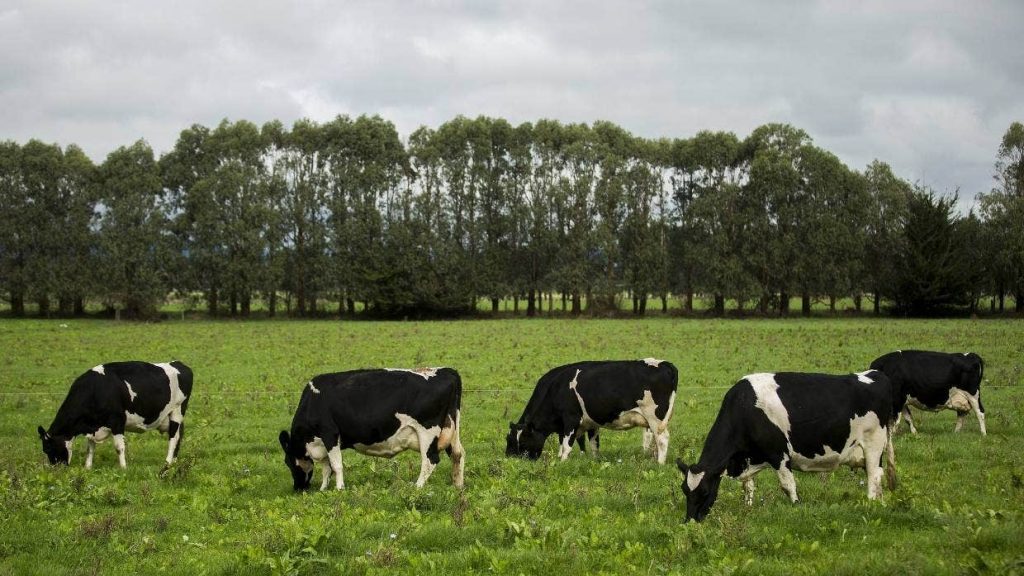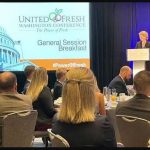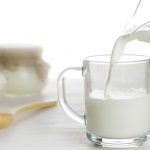
The Real Estate Institute of New Zealand’s latest rural property report showed there were 51 fewer farms sold over the past three months, compared to the 357 sold at the same time last year.
Manawatū-Whanganui saw only 16 farm sales in that time, 22 less than at the end of last winter. Only Wellington came close to that drop, with 15 fewer farms sold.
“[The overall] figures reflect both the time of the year, when the rural sector is busy with calving and lambing, and the impact of the Covid-19 influenced lockdown, with both factors impacting on sluggish sales results,” the institute’s rural spokesman Brian Peacocke said.
However, , even taking that into consideration, farm sales in the Manawatū, Whanganui and Tararua regions were uncharacteristically light, he said.
The wider Manawatū market tended to be fairly flat and stable at this time of year, with many farmers preferring to sell in mid-October.
It was a puzzling anomaly, with no clear cause other than random variation in the market, Peacocke said.
Rural and Lifestyle Sales manager Richard Anderson said there was no easy answer other than the obvious case of less properties going on the market meaning less sales.
Since farm sales were less common than residential sales, it didn’t take many people holding off on a sale to cause a big shift. But, those fluctuations tended to average out in the long run, he said.
Another potential factor could be slightly more farm sales slipping under the radar than usual.
“There are a few over the fence sales going on, neighbour to neighbour, that don’t show up in the statistics.”
Whatever the reason for the overall dip, Anderson said his company was still ahead on sales compared to the same time last year. He expected more farms to start coming on to the market soon.
The prospects for the rural property market, and farming in general, were sunny heading through spring into summer, he said.
“Interest rates are still looking good, lamb, beef and milk returns are high, and it’s all very buoyant.”
Fonterra has forecast a record high opening milk price for the 2021/22 season of between $7.25 per kilogram of milk solids, to $8.75 per kgMS, with a midpoint of $8 per kgMS.
The dairy co-operative’s highest ever opening price has been $7 per kgMS.
A recent Rabobank report said New Zealand beef export prices remained high and above the five-year average, despite the pandemic’s disruptions thanks to strong demand from China.
Federated Farmers Manawatū president Murray Holdaway said the drop in sales was probably down to random chance.
There had been a big push in the agricultural sector over the past few years to support and encourage farmers with succession planning.
If a couple more farmers hit retirement age with plans to pass the farm on instead of sell, it could explain part of the shift.
“I do know of a couple of operations, including a large dairy farm, that have been sold within the family recently, so that’s definitely a possibility.”






















